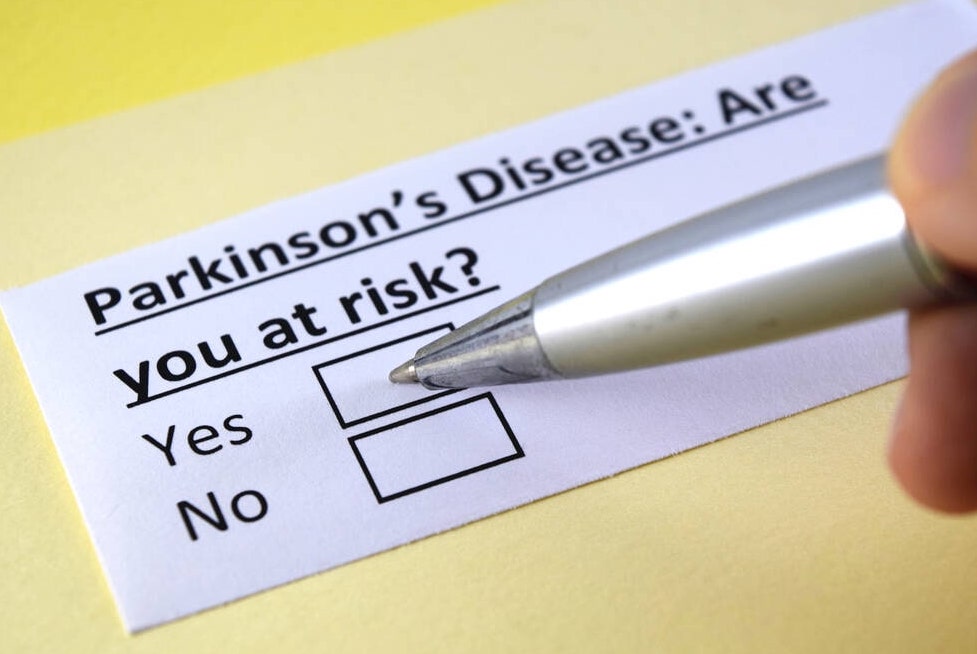171 total views
Parkinson’s disease is a neurodegenerative disease that affects millions of people worldwide. It is characterized by progressive loss of dopamine producing cells in the brain, resulting in symptoms such as tremor, rigidity, and difficulty moving. Although there is no cure for the disease, various treatment options are aimed at eliminating symptoms and improving patients’ quality of life. One promising treatment is the use of modafinil, a drug primarily used to treat sleep disorders. We will look at the potential benefits and considerations of using modafinil as a treatment for Parkinson’s disease.
Understanding and Challenges in Treating Parkinson’s Disease
Parkinson disease is a chronic and progressive neurodegenerative disorder that primarily affects the motor system. It is caused by the degeneration of dopamine producing cells in the substantia nigra region of the brain. As dopamine levels decrease, individuals with Parkinson disease experience a range of motor symptoms, including tremors, bradykinesia (slowness of movement), rigidity, and postural instability. Non-motor symptoms such as cognitive impairment, depression, and sleep disturbances can also occur.
Managing Parkinson’s disease is complex due to its multifaceted nature. Treatment approaches typically involve a combination of medications, lifestyle modifications, physical therapy, and support from healthcare professionals. However, some challenges persist, such as the limited effectiveness of current treatments in addressing non-motor symptoms, the occurrence of motor fluctuations, and the development of medication related side effects.
Introduction to Modafinil
Modafinil is a medication that was originally developed to treat sleep disorders such as narcolepsy, obstructive sleep apnea, and shift work sleep disorder. It promotes wakefulness and alertness by acting on certain chemicals in the brain. The drug has attracted attention because of its potential benefits beyond sleep related disorders, including its effects on cognitive function and fatigue control.
Mechanisms of Action and Possibilities of Modafinil in Parkinson
Recent studies have examined the potential of modafinil as an adjunctive treatment for Parkinson disease. Although it does not directly address the underlying neurodegeneration, it may alleviate some of the symptoms and improve the general well being of patients. The mechanism of action of the drug and its effects on motor symptoms, cognitive function, fatigue, and excessive sleepiness make it an intriguing candidate for further study. Its exact mechanisms of action in the disease are not yet fully understood. However, it is thought to act by increasing the release of certain neurotransmitters, including dopamine, norepinephrine, and histamine. These neurotransmitters play an important role in the regulation of alertness, attention, and mood.
Effect of modafinil on motor symptoms and cognitive function
Motor symptoms such as tremor and bradykinesia significantly affect people quality of life. Preliminary studies suggest that modafinil may have a positive effect on motor symptoms by enhancing dopamine release and improving dopaminergic transmission in the brain. Although more research is needed, these results offer hope for the development of new therapeutic strategies. Cognitive impairment is another common aspect of Parkinson’s disease, affecting attention, memory and executive functions. The wakefulness promoting properties of the “smart pill” may have a positive effect on cognitive function by increasing alertness and improving mental clarity. Studies have demonstrated potential improvements in attention, information processing speed and working memory in Parkinson’s patients treated with the pill.
Managing Fatigue and Excessive Sleepiness
Fatigue and excessive sleepiness are frequent complaints among individuals with disease, leading to reduced energy levels and impaired daily functioning. Drug ability to promote wakefulness and combat sleepiness has shown promise in alleviating these symptoms. By improving daytime alertness, modafinil can potentially enhance productivity and overall well-being.
Side effects, safety, dosage of modafinil

Like any medication, there are safety concerns and potential side effects of modafinil. Common side effects may include headache, nausea, dizziness, and insomnia. A health care professional should be consulted before starting treatment, especially for people with pre-existing medical conditions or who are taking other medications. Modafinil dosage for Parkinson’s disease may vary depending on individual factors and treatment goals. Medical professionals will determine the appropriate dosage and schedule of administration depending on the patient’s condition and response to treatment. Adherence to prescribed recommendations and regular consultations with medical professionals are crucial to monitor efficacy and eliminate possible side effects.
Interactions with Other Medications
Drug may interact with other medications, including those prescribed for disease and other health conditions. It is vital to inform healthcare providers about all current medications, including over the counter drugs, herbal supplements, and vitamins. Such information enables healthcare professionals to identify potential interactions and adjust treatment plans accordingly.
Current Research and Clinical Trials
Ongoing studies and clinical trials are designed to further explore the treatment potential of modafinil. These studies evaluate efficacy, safety, and long term effects, providing valuable insights for future treatment approaches. Patients and caregivers may consider participating in clinical trials to contribute to scientific knowledge and gain access to potential advances in the treatment of the disease.
Patient Experiences and Testimonials
The experiences of individuals who have used pills as part of their Parkinson disease treatment can offer valuable perspectives. Patient testimonials can shed light on the real world impact of modafinil and provide insights into its effectiveness and tolerability. While personal experiences vary, patient narratives can help patients and caregivers make informed decisions about treatment options.
Considering Modafinil as an Adjunctive Treatment
These pills should be considered as a complementary treatment. It is not intended to replace existing medications, but rather to supplement them in the treatment of specific symptoms. Healthcare professionals, in collaboration with patients, can evaluate the potential benefits and risks of including modafinil in the overall treatment plan.
Conclusion
Modafinil promises to be a complementary remedy. Its wakefulness-enhancing properties, effects on motor symptoms and cognitive function, and potential relief of fatigue make it an intriguing area for further study. However, it is important to approach treatment with careful consideration of individual factors, potential side effects, and interactions with other medications. Consultation with medical professionals and participation in ongoing research can provide valuable guidance for optimizing treatment.
‼️ Disclaimer: The information provided in this article about modafinil is intended for informational purposes only and is not a substitute for professional medical consultation or recommendations. The author of the article are not responsible for any errors, omissions, or actions based on the information provided.
References:
- Zafar, S. Parkinson disease. 2020
- Tsukamoto, T. Blood pressure fluctuation and hypertension in patients with Parkinson’s disease. 2013
- Thanvi, B. R.Long term motor complications of levodopa: Clinical features, mechanisms, and management strategies. 2020
- Radder, D. L. M. Physical therapy and occupational therapy in Parkinson’s disease. 2017
- Parkinson’s disease: Diagnosis and treatment. 2014
- Parkinson’s disease and complementary health approaches: What the science says. 2018
- Lister, T. Nutrition and lifestyle interventions for managing Parkinson’s disease: A narrative review. 2020
- Borovac, J. A. Side effects of dopamine agonist therapy for Parkinson’s disease: A mini-review of clinical pharmacology. 2016


